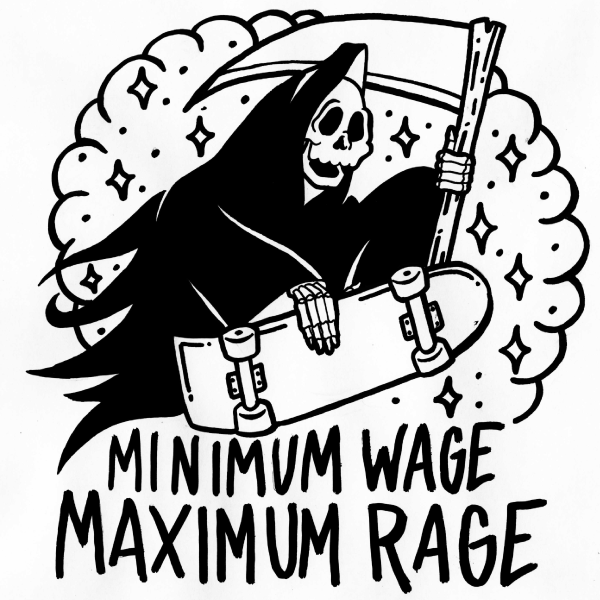Not just the bees, all bugs in North America have seen a 75% die off in the last 20 years.
Big shocker that songbirds, which eat those bugs, have also seen a massive die off.
Despite those deniers that still blame housecats, the true culprit is almost certainly pollution and pesticides.
Despite those deniers that still blame housecats
Both things can be true. They aren’t mutually exclusive.
Also we have less pollution and pesticide use than we did in the 60s and 70s. Why is it just becoming a problem now?
less pollution? that cannot possibly be true. according to dr google 1970s world population was 3.7b, now we’re more than double that
I’m the US, the EPA was created in the 1970’s. We definitely have less pollution (of certain types) today than we did in the past. Some notable examples of how disgustingly polluted American skies and waterways were in the past:
Coal Production has also been declining
And then of course less visible examples like the Montreal Protocol stopping corporations from depleting the ozone layer.
My point is in terms of greenhouse gas production we are much higher than in the 60’s and 70’s, but we have massively improved in a lot of areas. Of course there is still room to improve.
I find grass so useless. Every boomer parent I’ve known is just obsessed with it, too. They think that not having a green, green monoculture lawn means you’ve failed morally or something, and that it’s how they show the neighborhood how responsible they are. One GF’s dad came over to our random Winconsin lawn of grass and weeds and strawberries and was “I WOULD JUST PULL THIS ALL UP AND START OVER”. Uh… no?
Then I had an across the street neighbor (guy with a bumper sticker “I’ve never seen a FLAG burned at a GUN SHOW”) who would mow his lawn every single day with a riding mower. You couldn’t even tell what part he had done yet. I went out of town for two weeks and he rode over and mowed my lawn. I left my backyard just go and it was awesome… after a few years, birds started nesting in the middle of the prairie, and I had flowers growing I’d never seen anywhere else.
I started doing clover in my yard a year ago and there are so many bees and butterflies now. My neighbor was like “why are you doing that yo your grass??? The previous owners took so long to make that yard look nice”
“Why are you destroying your yard with an abundance of bees and butterflies? This isn’t fantasy land we need nothing but grass here to look nice”
When I moved in the grass was pretty close to the picture in the meme. I liked it at first but then I realized how expensive it was going to be to upkeep and how bad it is for the local ecosystem. I have successfully undone most of that work literally just by planting clover and not mowing down to the bone.
If only everyone realized that grass is just a weed and not worth the maintenance and effort we put into it, it’s sad how ubiquitous it is in some places




